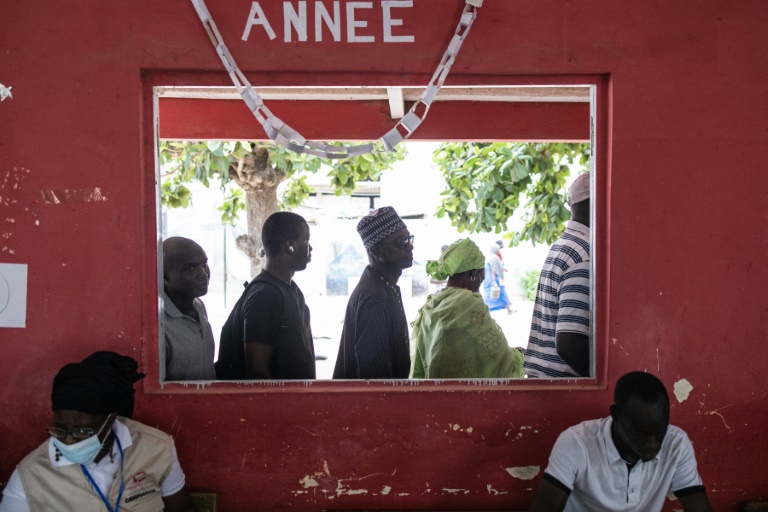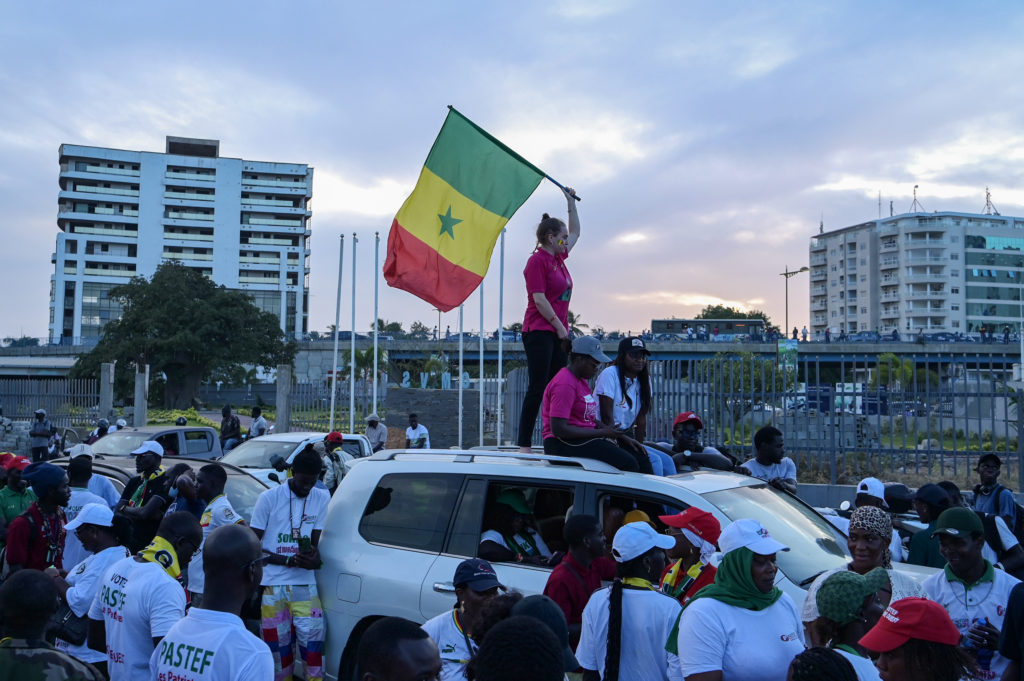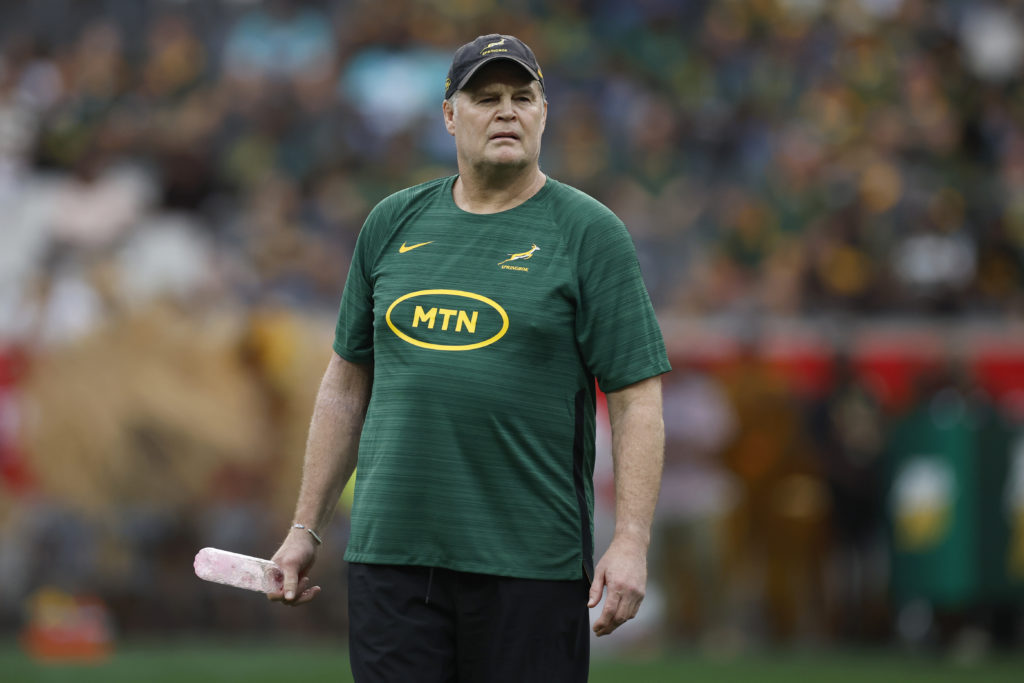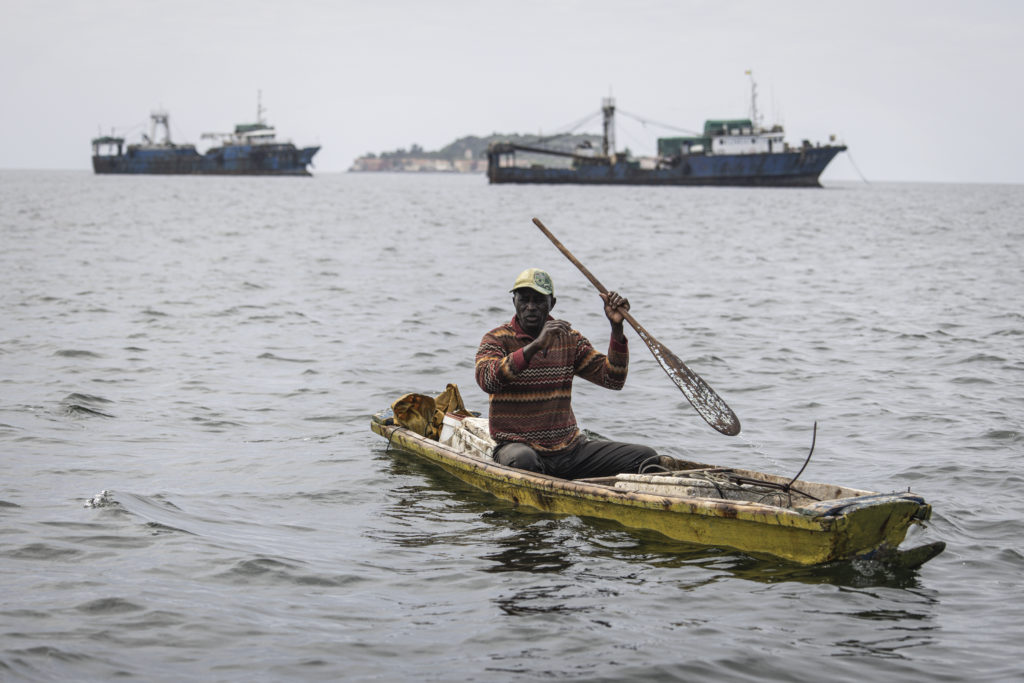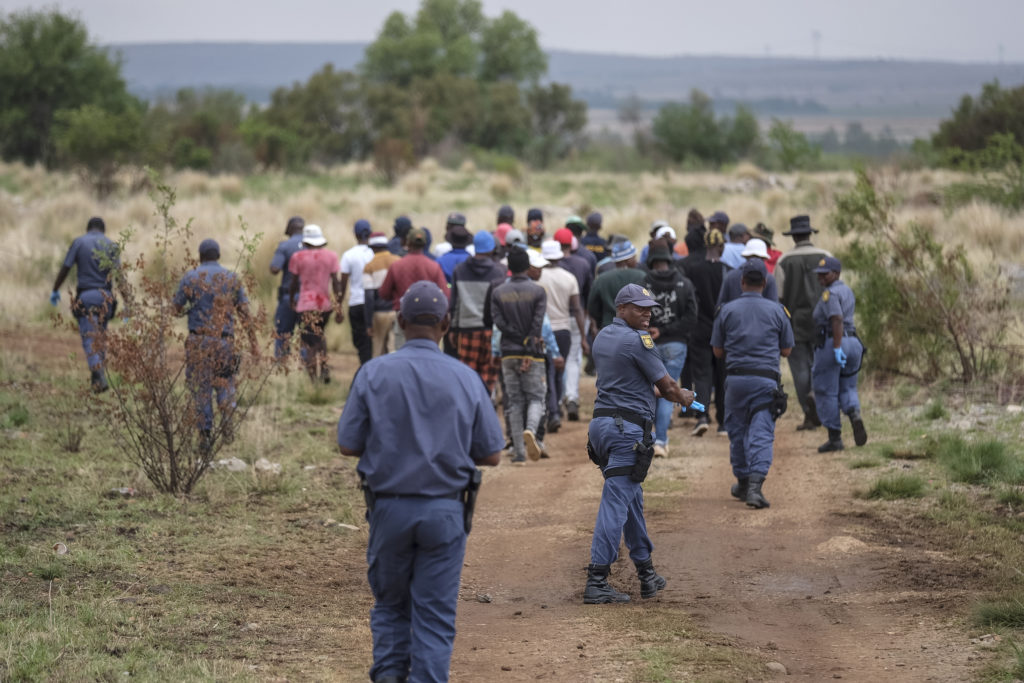The Senegalese opposition on Monday said it had won a “comfortable” majority in legislative elections, shortly after President Macky Sall’s ruling coalition also claimed victory.
The head of the presidential coalition said her side won 30 of the 46 departments in the West African country and overseas constituencies.
“This undoubtedly gives us a majority in the National Assembly,” Aminata Toure told reporters late Sunday.
“We have given a majority in the National Assembly to our coalition president” Sall, she added, without giving the number of seats won by her camp or whether it was an absolute or relative majority.
Toure however acknowledged her coalition had been defeated in the capital, Dakar.
But on Monday the main opposition coalition expressed “astonishment” at Toure’s remarks, claiming it had won a “comfortable majority” and that the presidential camp was “looking to once again confiscate the vote”.
It also failed to specify the number of seats or what kind of majority it was claiming.
“We call on national and international opinion to act as witnesses against any attempt to manipulate the results,” the opposition said in a statement.
The opposition had hoped the elections would impose a cohabitation, or divided government, on Sall and curb any ambitions he may have for a third term.
Sunday’s polls were an important test for Sall after local elections in January saw the opposition win in major cities, including Dakar, Ziguinchor in the south and Thies in the west.
Initial indications were that the poll was close and the main opposition coalition gained ground, particularly in urban areas, according to local media.
– Opposition collaboration –
The single round of voting will decide the 165 seats of the single-chamber parliament — currently controlled by the president’s supporters — for the next five years.
Sall has promised to appoint a prime minister — a position he abolished and then restored in December 2021 — from the winning camp.
Some seven million Senegalese were eligible to vote in the election, which passed without any major incidents.
Turnout at several polling stations appeared relatively low, according to AFP correspondents and observers, and the interior ministry said the participation rate was 47 percent.
Provisional overall results are expected no later than Friday, but local media and the main political parties have been counting some of the results since Sunday evening.
Opposition coalition Wallu Senegal (“Save Senegal” in Wolof) said Sall had failed to obtain a majority and that prominent politicians including former prime minister Toure had been beaten.
Yahya Sall, a retired soldier, said he hoped the new parliament “will have a strong opposition presence… to advance democracy”.
Lawmakers are elected according to a system that combines proportional representation, with national lists for 53 lawmakers, and majority voting in the country’s departments for 97 others.
The diaspora elects the remaining 15 members of parliament.
This year, eight coalitions are in the running, including Yewwi Askan Wi (“Liberate the People” in Wolof), the main opposition coalition headed by former presidential candidate Ousmane Sonko, who came third in the 2019 presidential election.
Ahead of the poll, Yewwi Askan Wi joined forces with Wallu Senegal, led by former president Abdoulaye Wade.
The two groups agreed to work together to obtain a parliamentary majority and “force governmental cohabitation”.
– Rising prices –
The vote took place against a backdrop of rising prices, partly because of the Ukraine war.
The opposition has questioned the priorities of the government, which has highlighted its subsidies for oil products and food as well as infrastructure building.
Sall, 60, was elected in 2012 for seven years then re-elected in 2019 for another five. He has been accused of wanting to break the two-term limit and run again in 2024.
He has remained vague on the subject, but any defeat of his supporters in Sunday’s vote could upset such plans.
The 21-day election campaign passed in a mostly calm atmosphere.
The pre-campaign period, however, was marked by violent demonstrations that left at least three people dead after several members of the main opposition coalition, including Sonko, were banned from taking part.
On June 29, the opposition eased tensions by agreeing to take part in the elections, which it had threatened to boycott.

